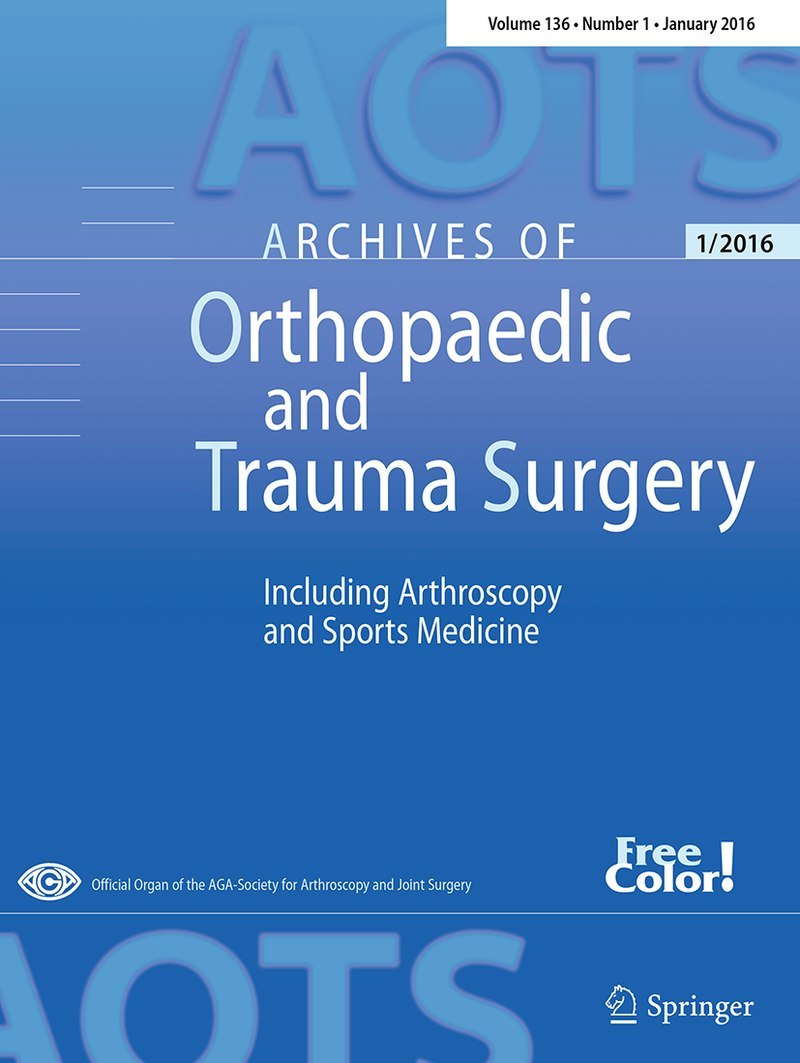
TXA effective in reducing blood loss and transfusion in TKA vs. routine hemostasis

TXA effective in reducing blood loss and transfusion in TKA vs. routine hemostasis
Topical and intravenous tranexamic acid reduce blood loss compared to routine hemostasis in total knee arthroplasty: a multicenter, randomized, controlled trial
Arch Orthop Trauma Surg. 2015 Jul;135(7):1017-25Synopsis
150 patients undergoing primary total knee arthroplasty (TKA) were randomized to receive 1 g of topical tranexamic acid (TXA), 2 g of intravenous TXA, or routine hemostasis. The purpose of the study was to determine which TXA administration modality more effectively reduced total blood loss 24 post-surgery and the need for subsequent blood transfusions. Findings indicated that although a significa...
To view the full content, login to your account,
or start your 30-day FREE Trial today.
FREE TRIAL
LOGIN
Forgot Password?
Explore some of our unlocked ACE Reports below!

Learn about our AI Driven
High Impact Search Feature
Our AI driven High Impact metric calculates the impact an article will have by considering both the publishing journal and the content of the article itself. Built using the latest advances in natural language processing, OE High Impact predicts an article’s future number of citations better than impact factor alone.
Continue



 LOGIN
LOGIN

Join the Conversation
Please Login or Join to leave comments.